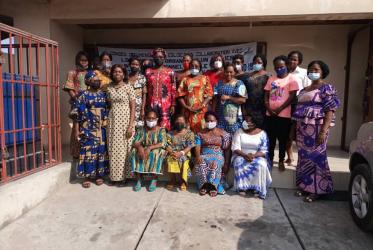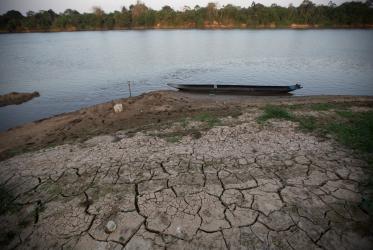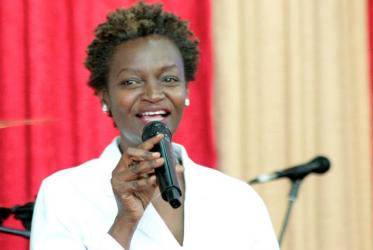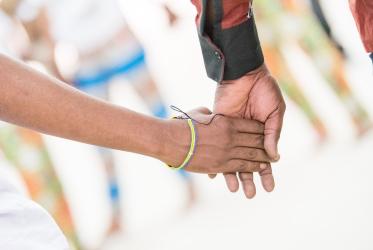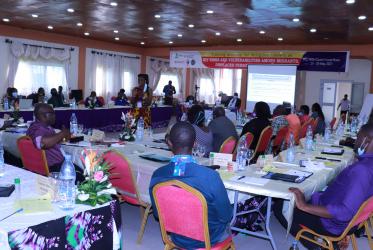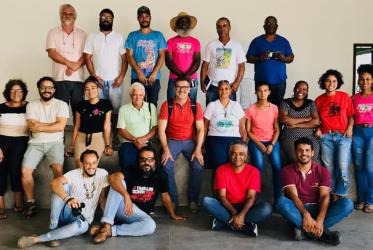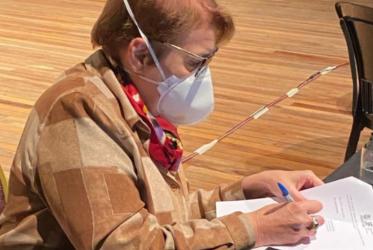Displaying 121 - 140 of 574
Workshop on HIV stigma, treatment adherence opens in Tanzania
29 September 2021
EWN members stand in solidarity with water and land defenders
21 September 2021
WCC, World Evangelical Alliance strengthen collaboration
30 August 2021
Brazilian ecumenical water network launched
29 July 2021
“Gathering in Grief” mourns Rev. Phumzile Mabizela
07 July 2021
Pulling together for a living River Pardo
02 July 2021




